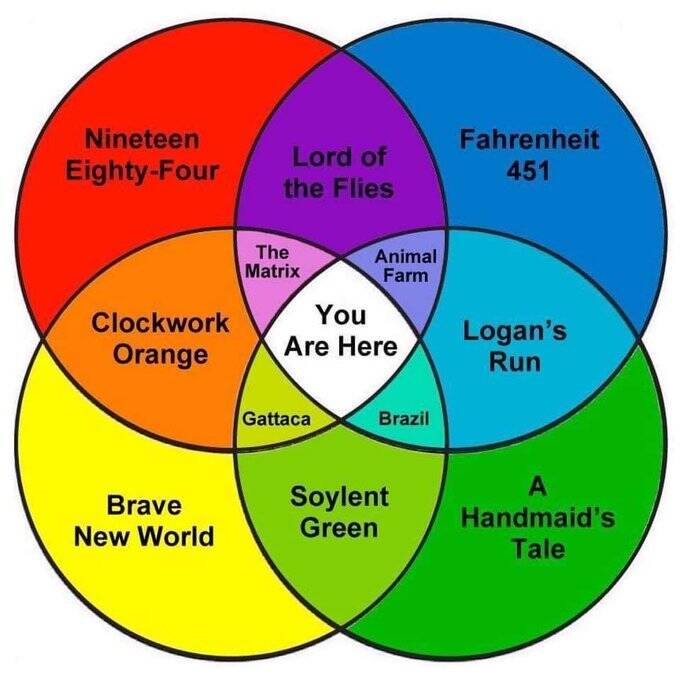
As the shadows of Orwellian overreach loom over the horizon, a contentious Hate Crime Bill has found its way into the corridors of the Scottish Parliament, stirring a tempest of debate and dissent. Advocates argue it's a necessary step to combat discrimination and bigotry, while critics warn of its chilling effect on fundamental human rights and freedom of expression.
At its core, the Bill seeks to criminalise acts perceived as motivated by hatred towards particular groups based on race, religion, sexual orientation, gender identity, or other protected characteristics. While the intention may be noble, the devil lies in the details, as the bill encroaches upon the very essence of free thought and speech.
Under the guise of combating hate, the Bill erects a formidable barrier against dissenting voices, effectively silencing any discourse deemed uncomfortable or controversial. In the name of safeguarding marginalised communities, it stifles open dialogue and intellectual exchange, creating an atmosphere of fear and self-censorship reminiscent of dystopian fiction.
Furthermore, the vague and ambiguous language of the Bill leaves ample room for interpretation, paving the way for arbitrary enforcement and selective prosecution. What constitutes "hate" becomes a subjective judgement, susceptible to political agendas and ideological biases. This ambiguity not only undermines the rule of law but also casts a pall of uncertainty over individuals' rights and liberties.
Moreover, the Bill's punitive measures risk turning dissent into a crime, eroding the bedrock principles of democracy and civil liberties. By criminalising thoughts and opinions, it sets a dangerous precedent for the erosion of freedom of expression, a cornerstone of any free and democratic society.
In a disturbing twist, the bill empowers individuals to report others to the Police without evidence, fostering a culture of suspicion and mistrust. Worse still, it allows accusers to remain anonymous, shielding them from accountability and due process. This clandestine approach undermines the very notion of justice, leaving defendants vulnerable to false accusations and character assassination.
In the pursuit of a utopian vision of social harmony, we must not sacrifice the very liberties that define our humanity. As George Orwell famously warned, "If liberty means anything at all, it means the right to tell people what they do not want to hear." Let us heed his cautionary words and resist the encroachment of authoritarianism disguised as benevolence.
In the battle against hate, let us not become the very thing we seek to defeat. Instead, let us champion tolerance, understanding, and robust debate as the antidote to bigotry and prejudice. For in the end, it is through the free exchange of ideas that we truly illuminate the path towards a more just and equitable society.
Add comment
Comments
Another fantastic piece,well done.
Once again another fantastic piece.